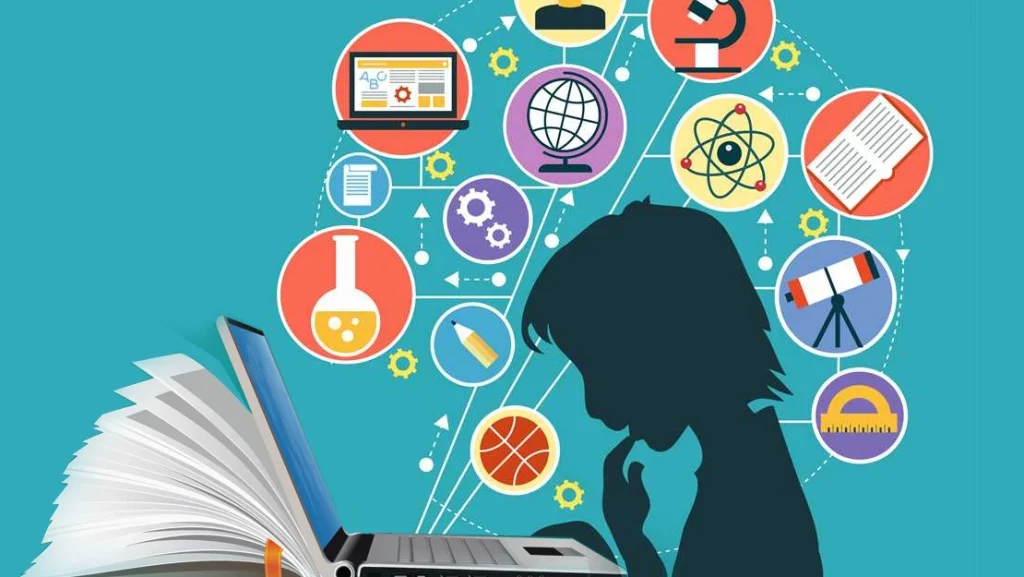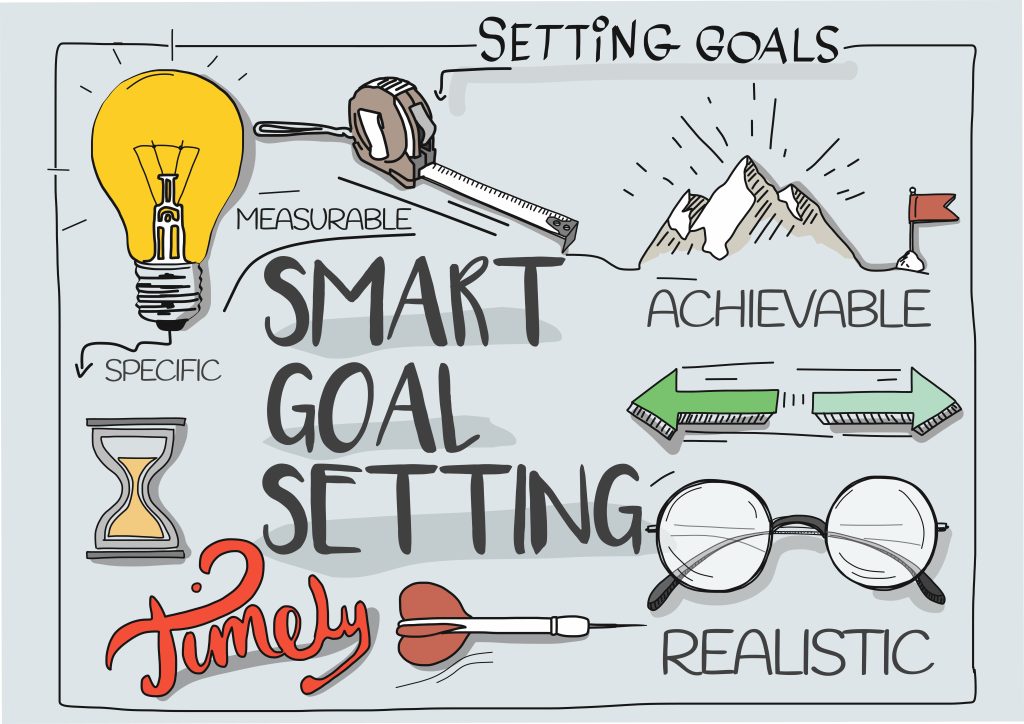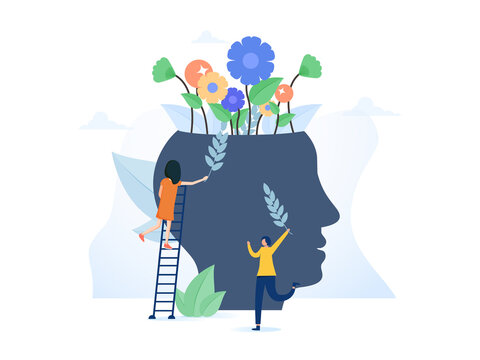Self-Learning and Exploration: Enhancing Personal Growth Without Degrees
In a rapidly evolving world, the traditional notion of success tied solely to formal education is being challenged. The rise of self-learning and exploration as alternative paths to personal growth and improvement has garnered attention. This essay explores the dynamics of improving oneself without relying on formal degrees and delves into the benefits and strategies of self-directed learning and exploration.

1. Embracing Lifelong Learning:
Lifelong learning is a mindset that transcends the confines of formal education. By consistently seeking knowledge through reading, online courses, workshops, and hands-on experiences, individuals can continuously improve their skills and adapt to changing circumstances.
2. Harnessing the Power of Curiosity:
Curiosity fuels the desire to explore and learn. Without the constraints of traditional education, individuals can follow their passions and delve deep into subjects of personal interest, fostering a genuine love for learning and self-improvement.
3. Building Practical Skills:
Self-learning allows for the acquisition of practical skills that are directly relevant to one’s personal and professional goals. From programming and design to communication and entrepreneurship, practical skills obtained through self-directed methods can lead to tangible improvements.
4. Personalized Learning Paths:
One-size-fits-all education may not align with individual learning preferences and paces. Self-learners can customize their educational journeys, optimizing their learning experience and focusing on areas that resonate with their aspirations.
5. Developing Critical Thinking:
Exploration and self-learning encourage critical thinking and problem-solving. Without the framework of traditional curricula, individuals are challenged to think independently, analyze information, and synthesize knowledge from various sources.
6. Networking and Collaboration:
Self-learners often engage in networking and collaboration to enhance their growth. Online communities, forums, and workshops provide avenues to connect with like-minded individuals and experts in their fields.
7. Showcasing Achievements:
In the absence of degrees, individuals can showcase their achievements through projects, portfolios, and practical demonstrations of skills. These tangible results often speak louder than formal qualifications.
The pursuit of self-learning and exploration as a means to improve oneself without relying on degrees is a testament to the evolving concept of personal growth. Lifelong learning, harnessing curiosity, building practical skills, personalized learning, developing critical thinking, networking, and showcasing achievements are all essential components of this path. Embracing these principles empowers individuals to become lifelong learners, constantly adapting, improving, and contributing to their personal and professional spheres.

Unveiling Personal Transformation: The Journey of Self-Discovery and Self-Growth Beyond Formal Education
Introduction: In a world where formal education has long been revered as the key to success, the emergence of self-learning and exploration as avenues of personal growth is revolutionizing the concept of achievement. This essay delves into the concept of improving oneself without traditional degrees, exploring the transformative power of self-directed learning and individual exploration.
1. The Evolution of Learning:
Traditional education is evolving to accommodate diverse learning preferences. Self-learning capitalizes on the flexibility to explore subjects aligned with personal passions and curiosities, fostering a love for continuous growth.
2. Cultivating Intrinsic Motivation:
Self-directed learners are intrinsically motivated. The absence of external pressures allows individuals to pursue knowledge out of genuine interest, resulting in a deeper and more lasting understanding of topics.
3. Acquisition of Practical Skills:
Degrees don’t always guarantee practical skills. Self-learners can focus on acquiring skills directly applicable to their goals, equipping themselves with a toolkit that translates into real-world success.
4. Tailored Learning Journeys:
Formal education often follows standardized curricula, which may not cater to individual learning styles. Self-learners can personalize their learning experiences, pacing themselves according to their needs and preferences.
5. Nurturing Critical Thinking:
Exploration and self-learning nurture critical thinking. Independent inquiry, analysis of various viewpoints, and problem-solving empower individuals to think beyond rote memorization.
6. Leveraging Online Communities:
The digital era has birthed online communities where self-learners converge. These platforms foster collaboration, discussion, and the exchange of ideas, creating a virtual ecosystem of mutual growth.
7. Evidencing Accomplishments:
Without traditional degrees, self-learners can showcase their growth through tangible projects, portfolios, and real-world achievements. Demonstrable skills often hold more weight than mere credentials.
Conclusion: The journey of self-discovery and self-growth beyond formal education is a paradigm shift in personal development. From evolving learning methods and intrinsic motivation to practical skill acquisition and personalized learning paths, this path empowers individuals to become architects of their growth. The fusion of curiosity, exploration, and dedication forms the cornerstone of self-improvement, transcending the conventional notion of success defined solely by degrees.
